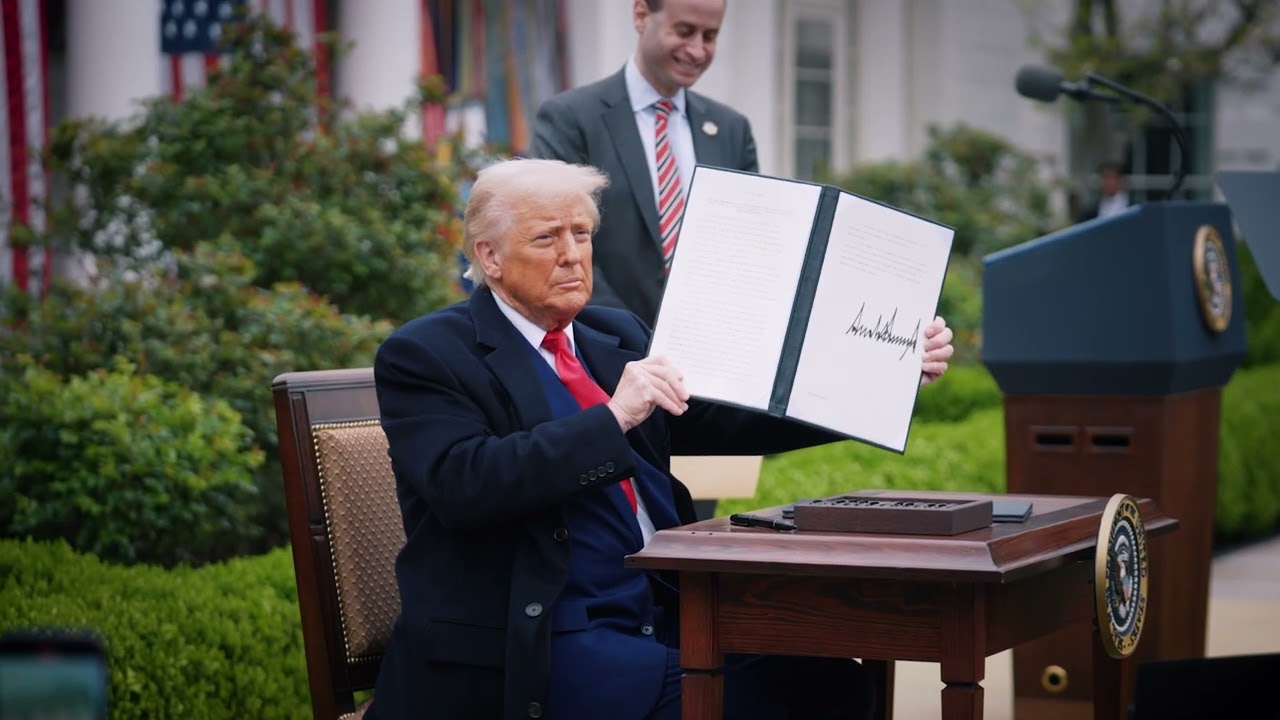Trump administration officials made timely stock trades and profited on their advance, insider knowledge of President Donald Trump’s market-shocking “Liberation Day” tariff announcement — and his other economic announcements — more often than we thought. A report on May 27 documented well-timed trades by more than a dozen high-ranking administration officials since January — creating the appearance that insiders sold stocks based on their early knowledge of news that would go over like a lead balloon with investors.
Even if the sales were just luckily timed, they run the risk of making less-connected Americans think the markets are tilted against them:
“The executive branch is routinely engaged in activities that will move the market,” said Tyler Gellasch, who, as a congressional aide, helped write the law on insider trading by government officials and now runs a nonprofit focused on transparency and ethics in capital markets. “I don’t think members of Congress and executive branch officials should be trading securities. To the extent they have investment holdings, it should be managed by someone else outside their purview. The temptation to put their own personal self-interest ahead of their duties to the country is just too high.”
For those of us who weren’t Trump officials with insider knowledge of what was coming and therefore exposed to plummeting share prices in post-tariff stock trading, the Dow Jones Industrial Average lost close to 3% of its value the day after “Liberation Day”. The average shed even more value over the days that followed.


